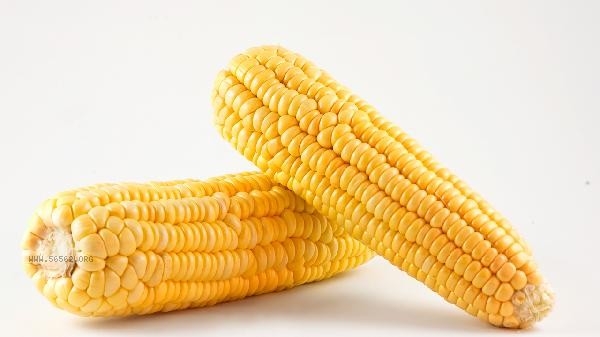Corn may help with exhaust or cause bloating, and the specific effects vary from person to person. Corn is rich in dietary fiber and resistant starch, which may promote intestinal peristalsis and help with exhaust, but excessive consumption or weak digestive function may cause bloating. The dietary fiber in corn can stimulate intestinal peristalsis, accelerate gas excretion, and have a certain improvement effect on constipated individuals. Its resistant starch is not easily absorbed by the small intestine, and after entering the large intestine, it is fermented by the microbiota to produce short chain fatty acids, which help maintain intestinal health. Moderate consumption of corn by individuals with normal digestive function usually does not cause significant discomfort, but may instead reduce the probability of bloating through regular bowel movements.

Some people may experience bloating after consuming corn, mainly related to sensitive digestive systems or improper consumption methods. The cellulose in corn husks is difficult to completely decompose, and the intestinal microbiota produces a lot of gas during fermentation. Patients with gastrointestinal disorders, irritable bowel syndrome, or insufficient chewing are more likely to experience bloating. It is recommended to fully cook corn or make corn paste, and pair it with easily digestible foods to reduce the risk of bloating.

It is recommended to adjust the intake of corn according to one's own digestive ability in daily diet. For the first attempt, observe the reaction from small portions. Pairing ginger and fennel with isothermal ingredients can help alleviate bloating and discomfort. If there is long-term abnormal exhaust or bloating, potential problems such as lactose intolerance and imbalanced gut microbiota should be investigated, and if necessary, a doctor should be consulted for professional evaluation.









Comments (0)
Leave a Comment
No comments yet
Be the first to share your thoughts!